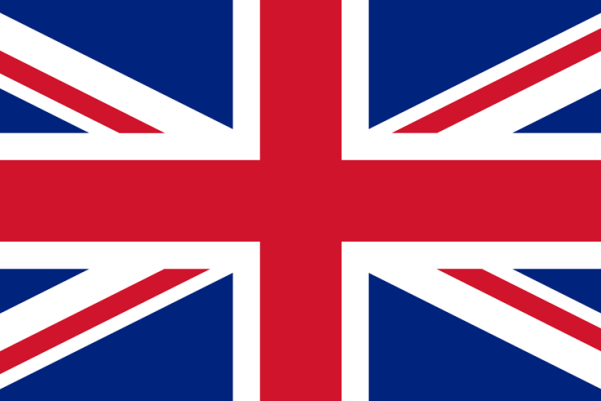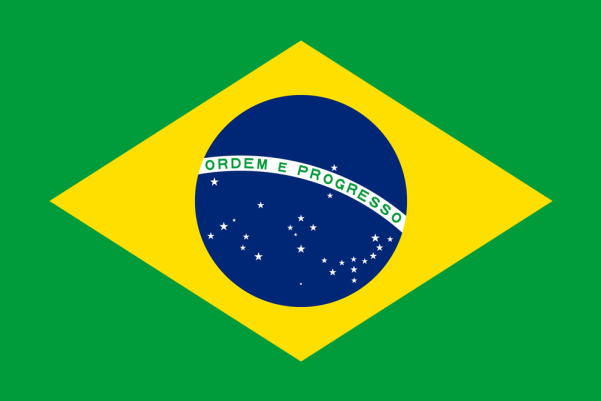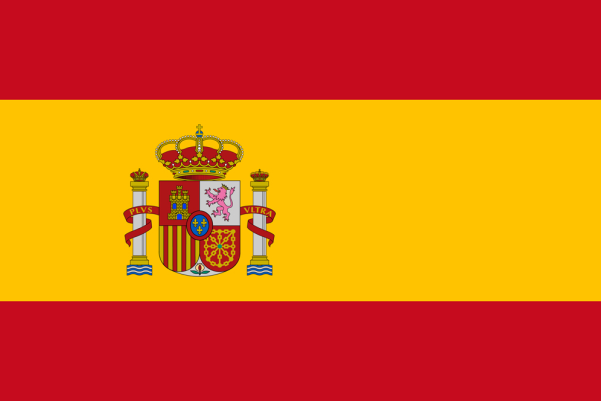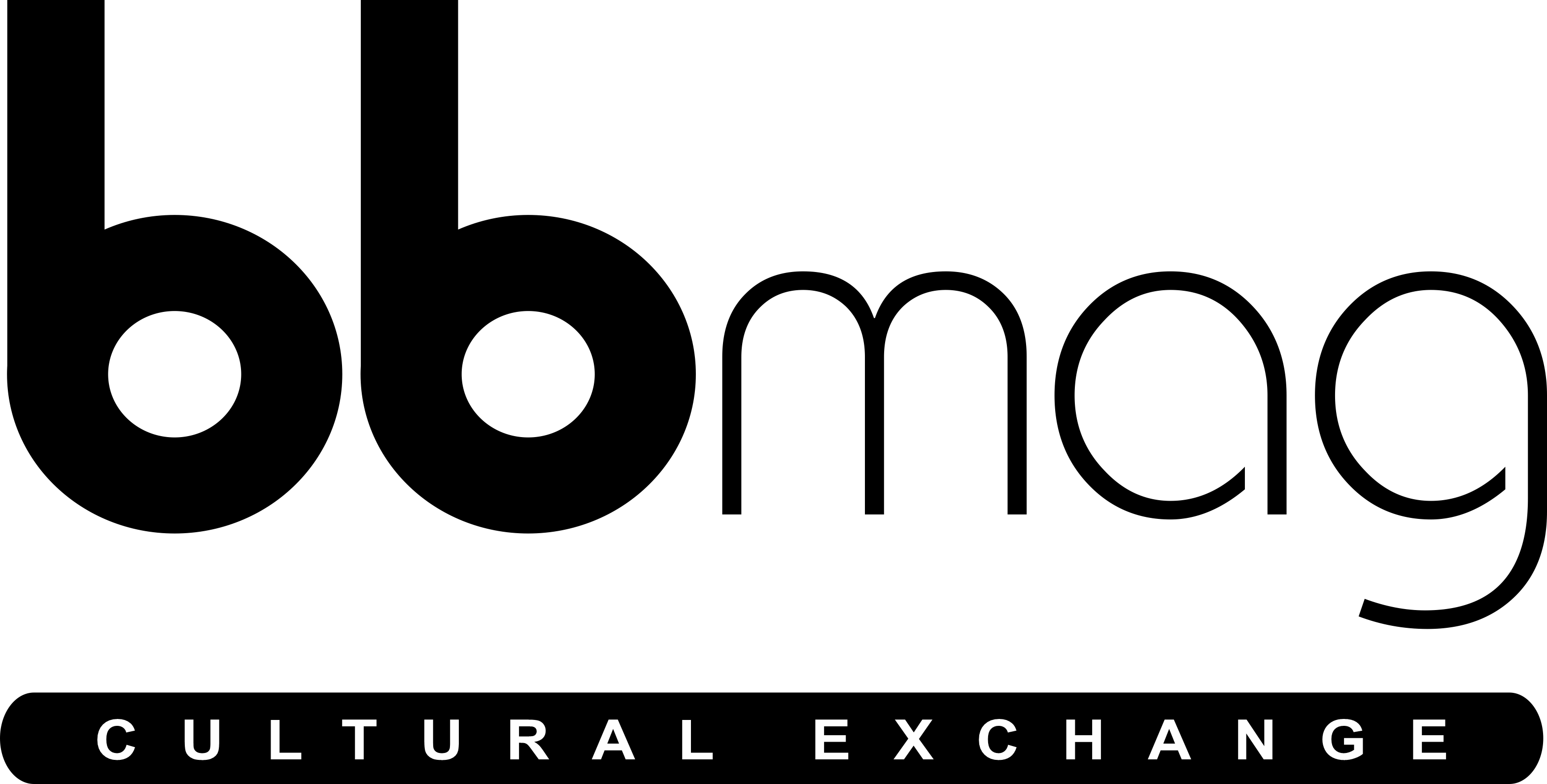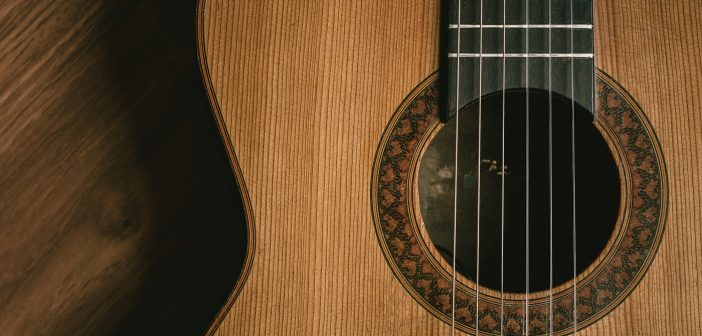The 1980s was a defining decade for Brazilian Rock, when bands like Barão Vermelho, Legião Urbana, and Titãs recorded some timeless classics
In the last edition of BBMAG, we traced the history of Brazilian music in an attempt to identify the more recent musical trends, such as the emergence of MPF Fofa, and what this means for the industry as a whole. This time around, however, we take a trip down memory lane with a look back at the 1980s and some of the catchy, unforgettable hits that rocked a generation.
The 1980s was a productive decade for the music industry. This was a time that saw names like Cazuza, Renato Russo, Blitz, Urban Legion, Kid Bee, Red Baron, Ira!, and several others, rise to stardom.
Expert commentators also suggest that the 1980s was a seismic decade for Brazilian rock music, during which a slew of upcoming bands broke through. This was a time when live music venues were gaining prominence, especially in Rio de Janeiro and São Paulo, and these stages were integral to setting the new trends. Circo Voador, in Rio, and Madame Satã, in São Paulo are notable examples.
Although much of this period seems like a distant memory, many of the songs of the day can still be heard on public radio and, of course, on platforms like YouTube and Spotify. Indeed, many of them have since become timeless, national hits. We’re in 2019 already, so there’s no excuse for not having a nostalgic listen to some of our favourites listed below. From Titãs, for example, there are several prized tracks that had an immediate connection with first-time listeners. For example, we all wanted to take some time out on Sonífera Island, one of the band’s monstrous successes. We also learnt to enjoy what life offers us, even during the hard times, with the epitaphic song Epitáfio and to never refrain: “O acaso vai me proteger, enquanto eu andar distraído” (Fate will protect me, while I’m distracted).
From Legião Urbana, formed in 1982 in Brasília, there’s Tempo Perdido, Pais e Filhos, Faroeste Caboclo, Eduardo e Mônica, Geração Coca-Cola, and many more. The band, led by vocalist Renato Russo, was so seminal that to this day young rock wannabes learn to play the guitar using the band’s manuscripts, especially following the release of two Brazilian films 2013: Faroeste Caboclo, the storyline of which is based on the song itself, and Somos Tão Jovens, a biopic about Renato Russo.
Another band that hit the mainstream was Blitz, from Rio de Janeiro, also founded in 1982. They are best known for their first single Você não soube me amar. Other successes include Mais uma de amor, Betty Frígida, A dois Passos do Paraíso, among others.
In the South, the band that shone brightest was Engenheiros do Hawaii, with hits Toda forma de Poder, O Papa é pop, Pra Ser Sincero e Terra de Gigantes. The group had an important message; they were critical about the workings of modern society, but at the same time their lyrics were also somehow romantic.
Also, from Rio de Janeiro, Cazuza was another giant of the national rock scene, and the artistic name of Agenor de Miranda, of Barão Vermelho fame. When he left the band, he embarked on a solo career and became one of the most respected musicians among fans and critics alike. He was a born poet, and whilst his tragic death came too early, he left an enduring musical legacy. Among his greatest hits are O Tempo não para, Exagerado, Codinome Beija-Flor e Pro dia nascer feliz.
These are just a handful of 1980s headline acts, but Capital Inicial, Paralamas do Sucesso, Plebe Rude, RPM, Ultraje à Rigor and Inimigos do Rei are other names that might strike a chord with younger aspiring rock fans, whilst evoking a little nostalgia among some older rockers.
